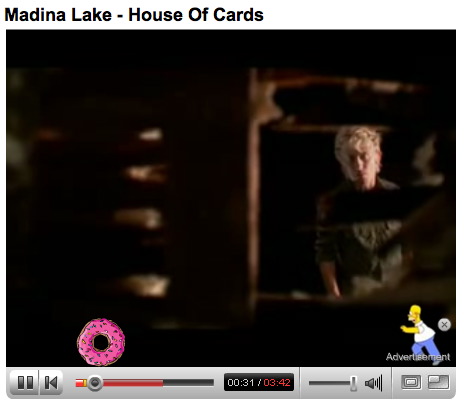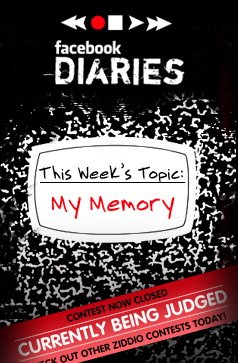 For those of you in Europe, congrats.
For those of you in Europe, congrats.
For those of you in the United States, condolences.
As expected, Sony — well, actually Sony Computer Entertainment Europe — announced that it’s turning the Playstation 3 into a super duper home entertainment device in early 2008. With the addition of PlayTV, the Playstation 3 will become a personal video recorder (PVR) with dual high-definition tuners, allowing users to view, record, and play free over-the-air TV channels through the Playstation 3 console.
This PRV capability, however, will be available only in the U.K., France, Italy, Germany, and Spain, with other PAL locations to follow later in 2008. It’s the first time that a game console has been given PVR capabilities (BBC News).
PlayTV is what we’ve been dreaming about ever since Sony, Microsoft, and, to a lesser extent, Nintendo promised that their game consoles would become the entertainment hub of our digital lives. Sony partly delivers.
Continue reading »
 Online video needs a business model. So does most of new media. So Google’s attempt to bring advertising to select YouTube clips,
Online video needs a business model. So does most of new media. So Google’s attempt to bring advertising to select YouTube clips,  There are a vast number of portable media players on the market. They come in all different sizes, colours and configurations, each hoping to capture the greatest market share. The iPod, which has dominated the market since its launch in October 2001, is synonymous with the portable media player, in much the same way as the Walkman and the Hoover are for the personal stereo and the vacuum cleaner. Apple have maneuvered themselves into this position by being early adopters in the market (although they were by no means the first) and by innovating with their design, features and marketing.
There are a vast number of portable media players on the market. They come in all different sizes, colours and configurations, each hoping to capture the greatest market share. The iPod, which has dominated the market since its launch in October 2001, is synonymous with the portable media player, in much the same way as the Walkman and the Hoover are for the personal stereo and the vacuum cleaner. Apple have maneuvered themselves into this position by being early adopters in the market (although they were by no means the first) and by innovating with their design, features and marketing. Adobe today announced the latest version of its near ubiquitous Web video software, Adobe Flash Player 9, which includes improved image quality through support for the industry standard H.264 codec.
Adobe today announced the latest version of its near ubiquitous Web video software, Adobe Flash Player 9, which includes improved image quality through support for the industry standard H.264 codec.

 A few months ago a columnist for the blog
A few months ago a columnist for the blog  The planned protests against the BBC, which
The planned protests against the BBC, which  A story doing the rounds in a number of UK newspapers and blogs (
A story doing the rounds in a number of UK newspapers and blogs ( With Google’s decision to abandon paid-for video downloads —
With Google’s decision to abandon paid-for video downloads —